January 1, 2015, brought in a New Year and new California laws. These new laws include the following:
“Native American Day” is California’s new state holiday. The designated day is the fourth Friday in September. The legislature enacted this new state holiday because “…As the original peoples of our nation and state, Native Americans have provided extensive historical contributions to the State of California. For more than 12,000 years, Native Americans have inhabited, preserved, and cultivated this land that ultimately became the Golden State. To this day, several iconic regions in California, from Lake Tahoe to Malibu, are named after native origin….”
A new law extends the tenant’s quiet enjoyment of the premises to participation in personal agriculture in portable containers approved by the landlord in the tenant’s private area. The purpose of the new law is to promote and remove obstacles to increased community access to fresh fruit and vegetables and encourage the practice of homeowners growing food in their private yard space for personal use or for donation to others. This new law applies only to tenants living on residential property consisting of a building containing not more than two units. The personal agriculture provisions also apply to homeowners who are part of a homeowners association or common interest development.
Another new law requires a landlord for any lease executed, renewed, or extended on and after July 1, 2015, to approve a written request of a tenant to install an electric vehicle charging station at a parking space allotted for the tenant in accordance with specified requirements for modification to the property. The law does not include a residential rental property with fewer than 5 parking spaces or property subject to rent control. The tenant is required to maintain a lessee’s general liability insurance policy in the amount of one million dollars ($1,000,000). There are also limitations to the application of this law to some commercial property.
Laws addressing rights to privacy were also enacted for 2015. One new law requires businesses to not only notify persons of any breach of personal information, but if that business was the source of the breach, the person or business must offer to provide appropriate identity theft prevention and mitigation services, if any, to the affected person at no cost for not less than 12 months if the breach exposed or may have exposed specified personal information. This new law targets the retail industry. The increasing use of private drones is covered in a new law to protect a person’s expectation of privacy. A person is liable for constructive invasion of privacy when a person attempts to capture, in a manner that is offensive to a reasonable person, any type of visual image, sound recording, or other physical impression, through the use of any device, of another person engaging in a personal or familial activity under circumstances in which the other person had a reasonable expectation of privacy. Existing law subjects a person who commits a constructive invasion of privacy to specified damages and civil fines.
Now there is a private cause of action against a person, in addition to the act being a crime, for person who intentionally distributes a photograph or recorded image of another that exposes the intimate body parts, of that person or him or her engaged in specified sexual acts, without his or her consent, knowing that the other person had a reasonable expectation that the material would remain private. The media has covered this type of action as revenge porn. Also, in 2015, residents of California are no longer subject to website charging to remove mugshots to protect their privacy. A person who publishes a booking photograph, via print or electronic means is prohibited from soliciting, requiring, or accepting a fee or other consideration from a subject individual, to remove, correct, modify, or to refrain from publishing or otherwise disseminating that photograph. The new law authorizes a subject individual who is aggrieved by a violation of these provisions to bring a civil suit to recover the greater of actual damages or a $1,000 penalty for each violation.
Existing law provides that certain property is exempted from enforcement of money judgments. The spouse of a judgment debtor is permitted to claim an exemption in the case of community property, whether or not the spouse is also a judgment debtor under the judgment. In 2015, a domestic partner is also permitted to claim an exemption in the case of community property.
Beginning July 1, 2015, all employers are required to give employees three days paid sick leave. Employers with only a few employees are not exempt from this new law.
Businesses that use unpaid interns and volunteers should be aware of a new law which defines interns and volunteers as employees for the purpose of enforcing California Fair Employment and Housing Act (FEHA). FEHA protects employees against harassment, retaliation and discrimination.
